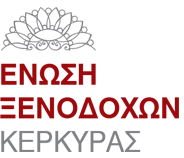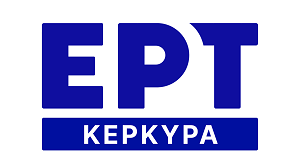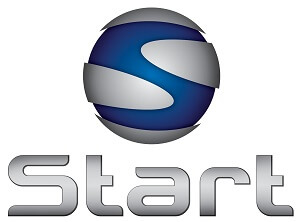Summary: This theoretical study examines issues of gender and Artificial Intelligence (AI) in Maria Schrader’s film I’m your Man (Ich bin dein Mensch, 2021). It is part of my PhD thesis which explores representations of gendered machines in cinema with a focus on science fiction and romance. The presentation analyses the gender reversal in regards to creating and controlling technology in Schrader’s film and investigates issues of subjectivity and spectatorship in AI narratives. The romantic interplay between human and machine plays a core role in understanding gender dynamics in the technological and social fields, while it also links to the relationship between the artist and the artwork.
Objective: This work aims to refigure the female subject and spectator in AI cinema by exploring the romance between a woman and a male android. Recent filmography has demonstrated the emergence of new perspectives in film and visual arts, especially with the rise of #MeToo narratives, that have enabled new forms of identification and spectatorship. Considering, though, that the gap in science fiction still exists, it is important to examine corresponding identifications in such narratives. This work locates itself within that gap and considers how it can be understood through a comparison with the gender gap in technology.
The examined film was selected for its reversal of gender roles, as the male character is ‘othered’ with the female being the human subject. The fact that the film is directed by a woman contributes to the reading of female spectatorship and subjectivity. A subsequent objective is to envision such issues of spectatorship in AI filmography by remapping the relationship between women and technology.
Method: The current work draws on feminist film theory’s initiation of the problematics around gendered machines and follows a combined methodological approach. The theoretical framework is based on Donna Haraway’s theorisation of the cyborg in tandem with conceptualisations of AI and posthumanism and their use in cultural scholarship.
Additionally, the close reading and analysis of the film considers the differences in the representation of the interplay between humans and machines as seen by a woman director. Parallel readings of Schrader’s treatment of the link between Artificial Intelligence and linguistics are also examined. This also triggers the question of how one can envision the future of sci-fi and women’s presence in it, particularly concerning the link between female spectatorship and subjectivity.
In her journal article “Film and the Masquerade”, Mary Ann Doane draws on linguistics and psychoanalysis to tackle the issue of female spectatorship in cinema. She locates the problem in the inescapable sexual dimension in the structure of the gaze, which prevents women from a reversal of roles that would allow them to become the bearers of the gaze. This means that it is not enough to simply reverse the roles while the logic of sexual difference remains the same. The same applies for power relations within which femininity and masculinity are conceptualised. Based on this hierarchy, any identifications with a female film character are passive. This work expands on issues of spectatorship, especially by focusing on Doane’s argument on gender reversals, and seeks an alternative female spectator through the prism of a female ‘eye of the camera’.
Conclusion: Schrader’s I’m your Man offers an alternative approach to AI filmography that is not constrained by a gender reversal, but instead offers important insights for consideration for feminist film theory. What differs in Schrader’s approach is that Artificial Intelligence does not define the film’s genre as much as it becomes a tool for the director to depict human relationships and desires. The correlation of AI technology with archaeology and linguistics demonstrates the connection between past and future and stimulates a discourse around how women’s lived experience can affect the technological evolution instead of being further oppressed by it.
The concept of replacing humans with humanmade gods has been common and repeatable in science fiction films as a temporary answer to existential anxieties. What Schrader does differently than her male predecessors is that she parodies the concept of perfectionism and manifests flawlessness and perishability as what constitutes humanity. To investigate the fear of perishability through the prism of gender means to realize how the romance between a human and an AI is also a survival game with the human agonizing over their domination over a much more powerful machine.
Bibliography:
Doane, Mary Ann. 1982. “Film and the Masquerade: Theorising the Female Spectator.” Screen 74–88.
Doane, Mary Ann. 1999. “Technophilia: Technology, Representation and the Feminine.” In Cybersexualities. A Reader on Feminist Theory, Cyborgs and Cyberspace, by Jenny Wolmark, 20-33. Edinburgh: Edinburgh University Press.
Haraway, Donna. 1991. Simians, Cyborgs and Women: The Reinvention of Nature. New York: Routledge.
Melzer, Patricia. 2006. Alien Constructions: Science Fiction and Feminist Thought. Austin: University of Texas Press.
Mulvey, Laura. 1975. “Visual Pleasure and Narrative Cinema.” Screen 6-18.
Wajcman, Judy. 2004. Technofeminism. Oxford: Polity Press.
Back
SPONSORS
 Agora Restaurant Grill House
Agora Restaurant Grill House Lupin Aperitivo Espresso Bar
Lupin Aperitivo Espresso Bar






























